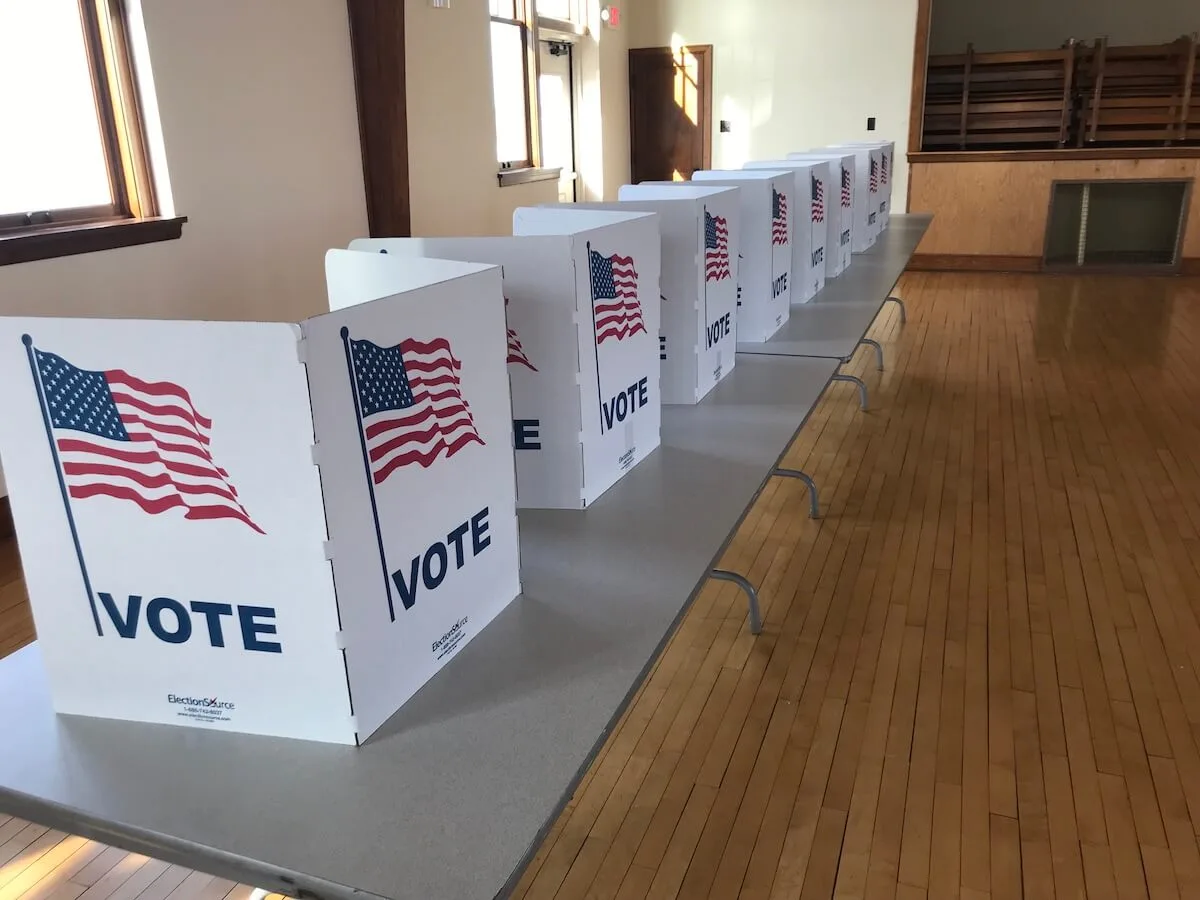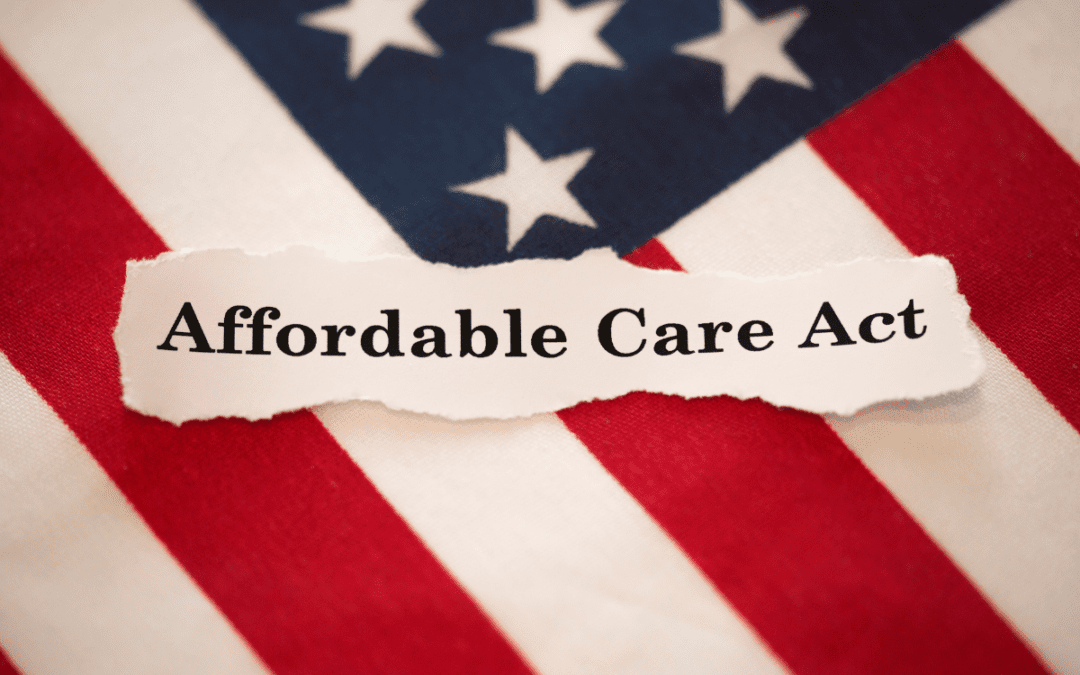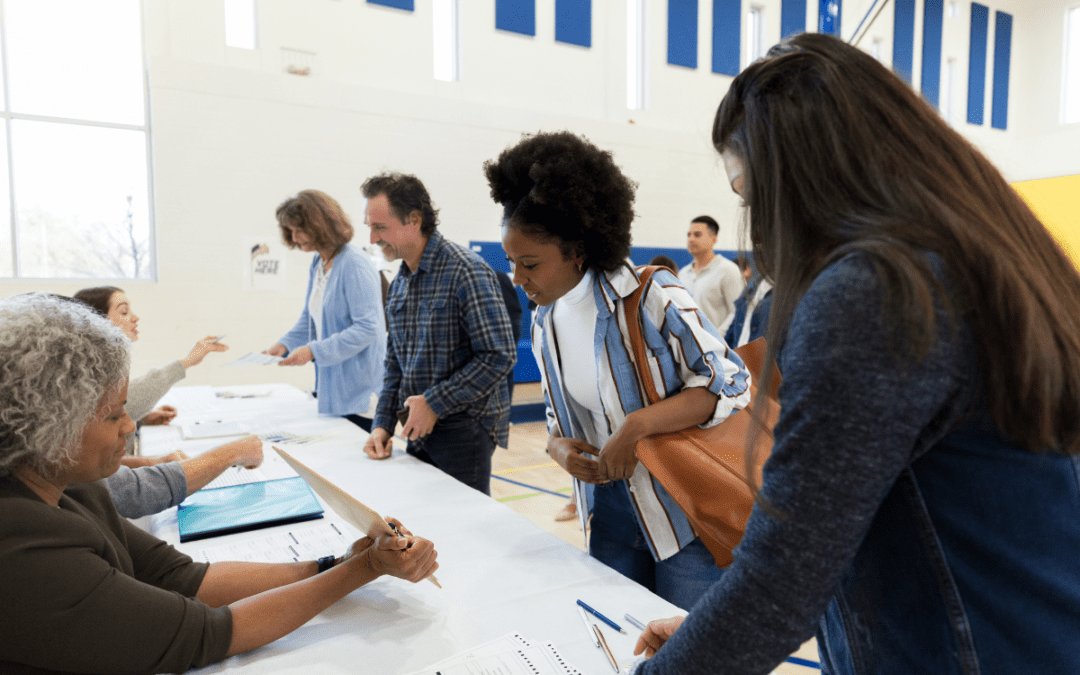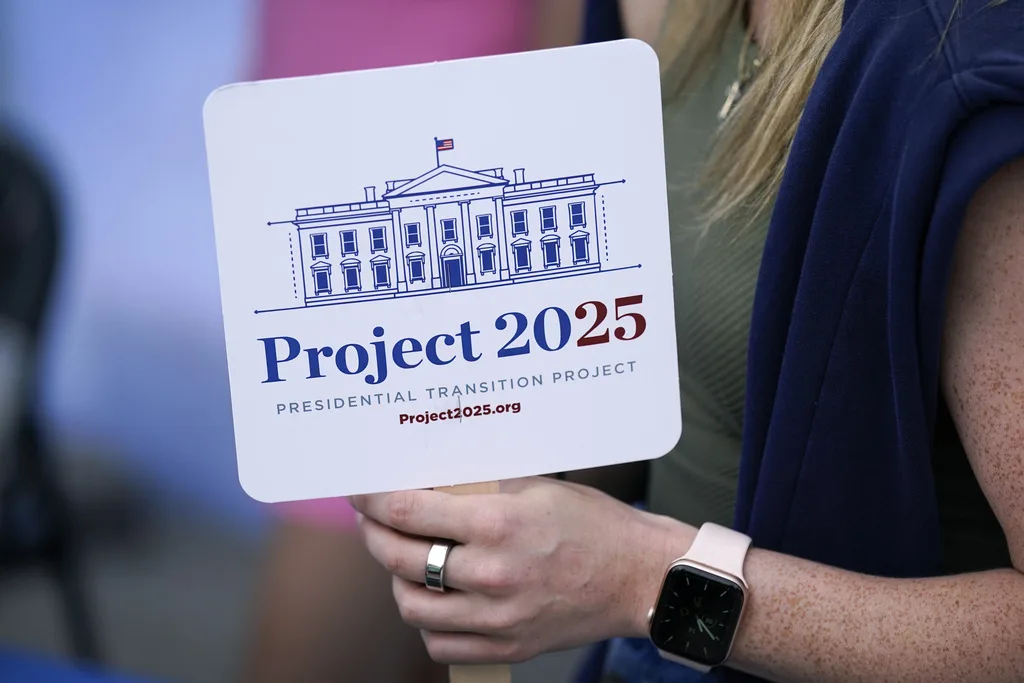
#image_title
#image_title
Courts, clerks and health officials could still upend Tuesday’s balloting
When 2020 started, political observers would have told you the April 7 Wisconsin election might best be known for making or breaking any of the roughly 20 candidates then running for President. Instead, the make-or-break label applies to those working until the last possible moment to have the election postponed due to a global pandemic and to others asking the U.S. Supreme Court to toss out an extension of the deadline for returning absentee ballots.
The public health emergency resulting from the coronavirus outbreak is at the center of debate over how to adjust an election or delay it. As battles wage on different fronts, voters have responded with a record level of request for absentee ballots to be mailed rather than risk contracting COVID-19 while leaving their home to vote in-person.
Prior to Friday, Gov. Tony Evers supported keeping the April 7 election in place while also encouraging use of absentee ballots. On Friday, the governor said a shortage of poll workers –concerned about polling place safety– combined with an ongoing rise in COVID-19 cases had caused him to seek a change to an all-mailed ballot election in May.
His call for the Legislature to make that change during a special session on Saturday went nowhere as the Republican leaders of the Senate and Assembly refused to even come to their own chambers in Madison as the session was quietly gaveled in and adjourned until Monday.
Instead, the Republican lawmakers are joining the state and national Republican parties in asking the U.S. Supreme Court to strike down a federal judge’s order last week that extends the deadline for absentee ballots to be returned.
District Judge William Conley ruled that six extra days would be offered due to concerns that upwards of a million requested absentee ballots might otherwise not arrive at local clerks’ offices in time to be counted on April 7. The 7th Circuit Court of Appeals turned down the GOP’s initial appeal over the weekend.
Meanwhile, mayors of nine Wisconsin cities have appealed to state Department of Health Services Secretary-designee Andrea Palm to stop Tuesday’s in-person voting as a matter of public safety. The mayors of Milwaukee, Green Bay, Oshkosh, La Crosse, Kenosha, Racine, Madison, Viroqua and Wauwatosa acknowledge that while they believe she has the authority to take such action, she does not have any power to influence what would happen next with resuming the election.
The mayors call on the Legislature’s leaders to abide by the governor’s special session request and “work with him to craft a procedure that protects public health and protects the right to vote.”
“We believe the most logical way to accomplish an election that maintains the safer-at-home order is to mail every registered voter a ballot,” the mayors write.
“The lives of our constituents depend on it,” the letter concludes.
On Friday, Assembly Republicans asked the governor to ease part of the “Safer at Home” order to allow churches and synagogues to hold services for Holy Week and Passover, respectively.
Milwaukee Mayor Tom Barrett criticized the request to allow large gatherings even for religious services, according to the Milwaukee Journal Sentinel, “It is disappointing that somehow we have so many people in state government right now who want to make believe that we’re exempt from this thing. It’s just … it’s mind-boggling,” he said.
Evers promptly refused the request. Many churches, including the Archdiocese of Milwaukee, have already canceled services in the runup to Easter Sunday and are streaming them online. Passover is often an occasion marked at home.
If no action is taken to prevent Tuesday’s voting, the polls will open statewide at 7 a.m., though voters may need to confirm the site of their precinct’s polling place as the widespread reduction in poll workers means many municipalities have had to move or combine polling stations. People may register to vote at the polls provided they have acceptable identification.
While more than 700,000 absentee ballots have already been returned, another 500,000 remain outstanding. Current law says absentee ballots must be received by local clerks by 8 p.m. when in-person voting ends on election days, but if Judge Conley’s ruling is not overturned then voters will have until Monday, April 13 at 4 p.m. to return their ballots.
Conley has also prohibited the release of any election returns until after that time so that April 7 preliminary results do not influence those who may receive their ballot late.
Those who have not yet received their absentee ballots can check their status at myvote.wi.gov.
Politics

6 terrifying things that could happen if the Comstock Act is used to target abortion
Does 1873 sound like a really, really long time ago? Well, that’s because it is—but if Republicans and far-right anti-abortion activists have their...

Opinion: Many reasons why young adults should refuse to let Republicans kill the Affordable Care Act
In this op-ed, University of Wisconsin Medical School student, Samantha Crowley, shares the importance of young adults protecting the Affordable...
Local News

Stop and smell these native Wisconsin flowers this Earth Day
Spring has sprung — and here in Wisconsin, the signs are everywhere! From warmer weather and longer days to birds returning to your backyard trees....

Your guide to the 2024 Blue Ox Music Festival in Eau Claire
Eau Claire and art go hand in hand. The city is home to a multitude of sculptures, murals, and music events — including several annual showcases,...




